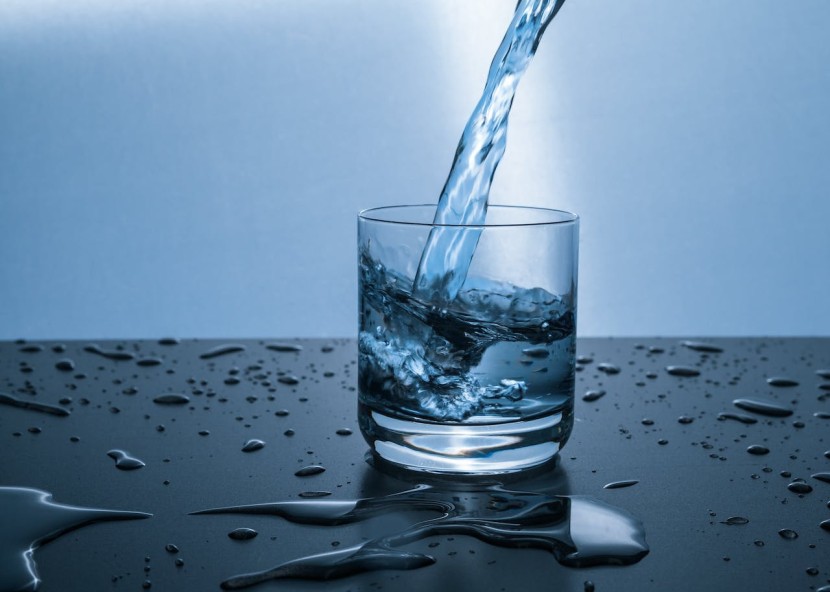As California prepares for years of anticipated water shortages due to drought, authorities approved Tuesday, December 19, to permit the filtering of wastewater from showers and toilets into drinking water.
Following Colorado's lead, the State Water Resources Control Board in California approved regulations that would enable agencies to tap into a water supply that locals have been systematically draining for decades.
San Diego, Los Angeles, and Santa Clara county authorities are already planning to construct water purification facilities that may provide hundreds of thousands of homes with potable water.

Initially Frowned Upon
According to The New York Times, outdoor irrigation or replenishing subterranean aquifers with treated wastewater is already common practice in many parts of the dry West. The water becomes even cleaner as it seeps into the soil.
However, there has been an unpleasantness associated with the concept of delivering treated wastewater straight to people's homes in California for quite some time. When plans for the project initially emerged in the suburbs of Los Angeles in the 1990s, opponents immediately began calling it "toilet to tap."
California, the most populous state in the United States, has seen its water supply stressed and altered by climate change in recent years, but public resistance has waned, and new water purifying technologies have come online.
Water resources board head E. Joaquin Esquivel called the move an "exciting development" that would help the state address the growing threat of climate-related severe weather.
According to Patricia Sinicropi, executive director of the recycling trade association WateReuse California, "Today heralds a new era of water reuse," Reuters reported.
California's New Regulation
The need for water to support the state's 39 million residents and the biggest agricultural sector in the country has influenced California's development. Despite the widespread deluge caused by intense winter storms last year, experts have determined that the state of California had its worst drought in at least three years.
As a result of climate change, there is an even greater need to extract as much water as possible from the state's aquifers, rivers, and reservoirs.
State law imposed a deadline of December 31 for water authorities to complete the laws on wastewater recycling, which they had spent over a decade preparing. Years of review, including an assessment by 12 external scientists and engineers, led to the unanimous decision.
State authorities claim that the recently approved system can purify wastewater to drinking water standards in only a few hours before being redirected into the pipelines that provide water to residences, schools, and businesses.
Those interested in investing in the required infrastructure may submit proposals for state approval when the laws are completed next year, even if the new restrictions do not mandate direct potable usage.
One thing that Esquivel pointed out on Tuesday is that people who live downstream from bigger cities already depend on treated water that makes its way back to rivers.
In addition, Felicia Marcus--who served as board chair before Esquivel--brought up the fact that wastewater recycling is currently in use in areas like Africa and the International Space Station (ISS), where water is limited.
© 2025 HNGN, All rights reserved. Do not reproduce without permission.








